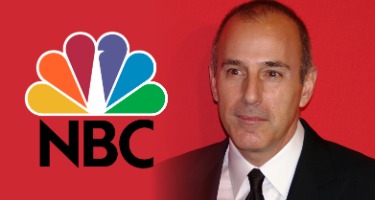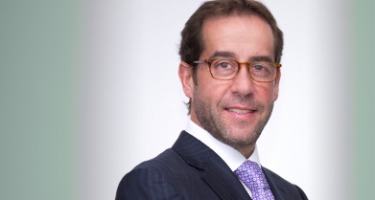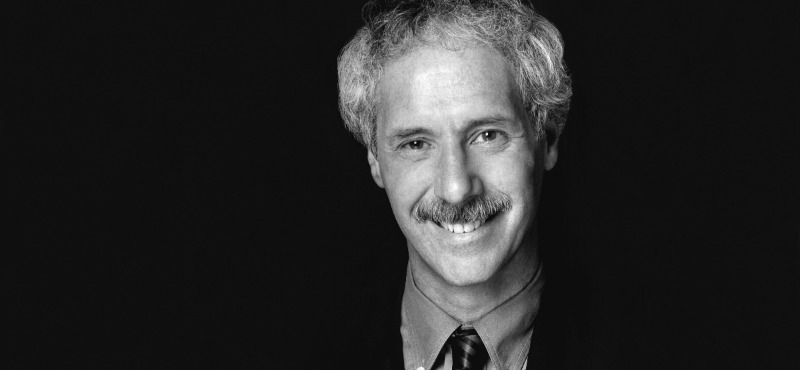Written: October 6, 2020 | By Christine Thomlinson
The Ontario Court of Appeal recently considered this question in a case involving an appeal from a conviction of sexual assault.1 The decision is an important one for any workplace investigator faced with assessing someone’s credibility.
M.N. was a college student who met Mr. Alisaleh through a mutual friend. She went back to his apartment after class one day, smoked some marijuana, and engaged in consensual sexual activity for about an hour. However, she alleged that she then withdrew her consent when the sex became rough. M.N. said that she was crying and told Mr. Alisaleh to stop, but he did not; he told her to let him “finish” and tried to penetrate her anally. She said that she was able to push him off and get dressed.
M.N. said that she asked Mr. Alisaleh to drive her home and he refused. He also refused to pay for a taxi and so she called a friend to come and pick her up. However, she was locked out of Mr. Alisaleh’s apartment and did not have her boots, jacket, or knapsack, so she called 911. Initially, she referenced only the fact that she could not retrieve her belongings and did not disclose the sexual assault; she was told to wait for an officer. She called 911 again after about a half an hour and was told that no officer was available - she would have to wait because it was not a “life and death emergency.” At this point she disclosed to the police that Mr. Alisaleh had sexually assaulted her.
M.N. told the 911 operator that the sexual assault had taken place just 10 minutes before the call, which was not true. At trial, it was determined that she placed her first call to the police roughly two hours after the sexual assault. M.N. testified that she thought the police would come more quickly if she told them that the sexual assault had just happened. The police arrived three minutes after the second 911 call.
At trial, Mr. Alisaleh did not testify, although he admitted that he engaged in sexual activity with M.N. The issue at trial was whether M.N. consented to all of the sexual activity and so the case turned on an assessment of M.N.’s credibility. The defence raised a number of concerns about M.N.’s credibility, including the fact that she lied to the police, and had also lied to her mother about where she was and who she was with. The Crown noted that M.N. was otherwise consistent in her evidence on the issue of consent, and further argued that she had not exaggerated her evidence which should support her credibility.
While the trial judge agreed that there were some “frailties” with M.N.’s evidence, these were found to be either peripheral to the issues or adequately explained. M.N. was otherwise found to be credible and not to have consented, and Mr. Alisaleh was convicted of sexual assault.
There were three grounds for appeal, two of which were dismissed with brief reasons. The remaining one centred on the defence’s argument that the trial judge had erred in treating lack of embellishment as enhancing M.N.’s credibility. The Court of Appeal upheld this argument, overturned the conviction, and ordered a new trial.
In so doing, the Court of Appeal noted that the trial judge had explained that there were “two important factors” that she found to have enhanced M.N.’s credibility, leading to a finding that she believed M.N. One of these was the fact that M.N. had not embellished during her evidence. When the Crown had commented on this in final submissions at trial, Defence counsel objected, noting, “You don’t get points for not exaggerating.”
The Court of Appeal agreed with the defence. The Court confirmed that it is not an error to note that there is a lack of embellishment or exaggeration in the complainant’s evidence. Courts have held that embellishment/exaggeration can be a basis on which to find someone not to be credible. As such, there is nothing wrong with noting the absence of something that would have detracted from a person’s credibility. However, as the Court of Appeal stated, “it is wrong to reason that because an allegation could have been worse, it is more likely to be true.”
Reference was also made to R. v. Kiss 2 in which Paciocco J.A. similarly wrote:
…in my view, there is nothing wrong with a trial judge noting that things that might have diminished credibility are absent. As long as it is not being used as a makeweight in favour of credibility, it is no more inappropriate to note that a witness has not embellished their evidence than it is to observe that there have been no material inconsistencies in a witness’ evidence…3[Emphasis added]
In a workplace investigation, investigators often notice whether or not a party or witness has exaggerated their evidence, and often comment on this in their reports. Where there has been exaggeration, a workplace investigator may find that this detracted from the person’s credibility and comment on this in the report. However, R. v. Alisaleh serves as a good reminder that the fact that someone has not exaggerated cannot be relied upon as a basis for finding someone to be credible.
Original Article: https://rubinthomlinson.com/if-someone-doesnt-exaggerate-does-that-make-them-more-credible/
1 R. v. Alisaleh 2020 ONCA 597.
2 2018 ONCA 184.
3 Ibid at para. 53.
























